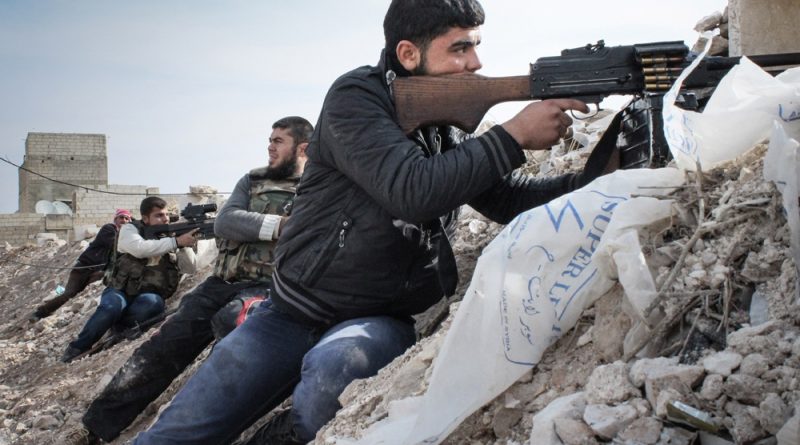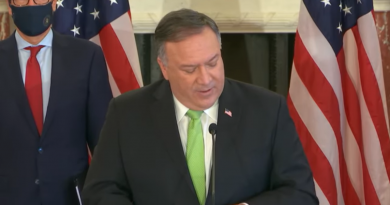Temperature Rises in Idlib Crisis
By Samuel Adams
Staff Writer
Over the past few weeks, Syrian and Russian airstrikes have fallen throughout Idlib province. As residents scramble for cover while being cut off from the rest of the world, Turkey has begun to reinforce several of its military outposts along the provincial Idlib border. Several of these outposts are located along the M4 and M5 running from Latakia and Aleppo to the capital, Damascus. In response to this reinforcement, Syria and its ally Russia have expressed dismay. Two Turkish outposts, thought to be the first to come under attack, are the only outposts that have not been reinforced.
Russian and Syrian airstrikes, amid fears of rebel a ground offensive, have displaced an estimated 38,500 residents, according to the BBC and United Nations. In Idlib, Turkey has striven to find a diplomatic solution to this quandary, separating internationally recognized terrorists from moderate rebels. The terrorists, known as Hayat Tahrir al-Sham (HTS), are known extremists.
HTS, formerly known as the al-Nusra Front, were part of an al-Qaeda led alliance. The group numbers between 10 and 15 thousand fighters who are almost entirely located in Idlib, according to the Wall Street Journal. In growing tension with Hayat Tahrir al-Sham are tens of thousands of Turkish backed moderate rebels that actively seek the removal of HTS fighters. This move is virulently opposed by leadership of the group, as HTS fighters willing to negotiate removal have reportedly been arrested. In past weeks, street protests over the looming assault have forced Hayat Tahrir al-Sham to take a softer stance towards residents.
Turkey fears the Syrian government assault could trigger a new wave of up to 800,000 refugees fleeing to its borders, further reports the BBC. With already 3.5 million Syrian refugees in its sputtering economy, Turkish leaders and civilians alike fear the country will not be able to sustain another refugee wave. The Turkish military has reinforced areas of the Turkish-Syrian border in efforts to deter refugees from entering the country, further reports the Wall Street Journal.
The United States, although having little influence in Idlib, has responded in kind to the events transpiring. The southern al-Tanf region is controlled by U.S. backed rebels as well as a U.S. troop presence. According to Newsweek, the Pentagon has organized and carried out rare, large scale military exercises with Syrian rebels “on the ground and in the air” throughout the region surrounding Al-Tanf.
Washington has claimed that the Syrian government has given the “go ahead” for the use of chemical weapons in Idlib. The U.S. government has been further reported by Newsweek to be planning an attack alongside France and Britain. U.S. Ambassador to the UN, Nikki Haley stated the U.S. would “consider any attack on Idlib to be a reckless escalation of the conflict.”
Humanitarian aid is seemingly in short supply as the entire region prepares for the Syrian government’s moves. For the past two years, Israel has been providing aid from cars and trucks to generators and diapers. However, due to advancing Syrian government forces, the “Good Neighbor” command has been completed and its activities will cease, according to the CBN.
With civil war nearly in the rearview mirror, Syrian officials have recently criticized the UN investigation of their possible war crimes, reports the Seattle Times. For now, Idlib awaits the decisions of the Russia, Syria, and Turkey, as another looming humanitarian crisis will surely be “destructive” for all involved parties.



